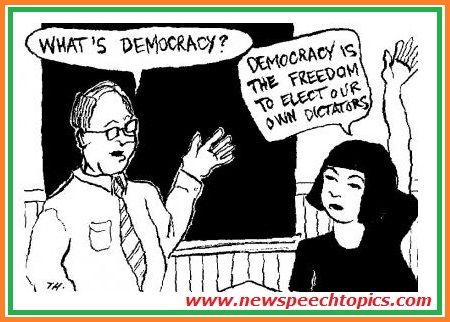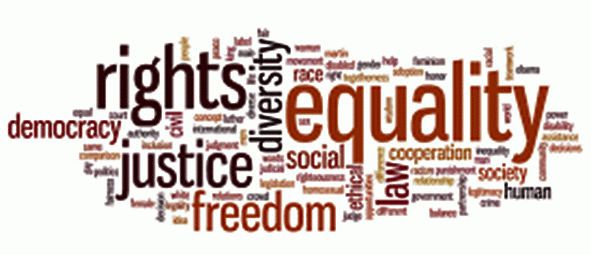The Essence Of Indian Democracy Can Be Judged By Conversation With Voters
Apr 11, 2019 • 126 views
India is a diverse nation where we can find citizens of varied cultures, casts, and creed. Due to such diversity, Indian voters have an expansive number of options to choose from during elections: 8,251 candidates representing 464 political parties faced off in 543 parliamentary constituencies across 29 states and seven union territories. Voters are the sole and the only one responsible in deciding the future of Indian democracy, however let’s know how and why Indians are unable to exercise this right they so rightfully own and deserve.
1. Difficulty in being aware of all the political parties
As mentioned above, there are many political parties in India so it is very difficult to know about each and every political party. On an average, voters would be aware of 4 to 5 major political parties and few more political parties of their region. This becomes a major setback for Indian democracy because few segments of the population still vote on the basis of half information that they have and more often than not, there is a minimal effort put in obtaining the other half of the information. This can jeopardize India’s future and moreover this is also a waste of the power of democracy.

2. False hopes and bribery can manipulate votes
In order to gain votes, voters are manipulated in several ways. Bribes are offered in the form of cash or kind to poor people so that they vote for that particular candidate. People who struggle to earn even the minimum required to fill their family’s stomach willingly accept such gifts and give their vote to that political party. For them, if there are unable to serve their own family, how can they think about a whole nation?
3. Votes on the basis of caste and creed
In India, there are several political parties of different cast and creed. So at the time of elections, most of the voters do not vote on the basis of which candidate will be fit for the whole nation. Vote is done on the basis of which candidate belongs to their cast because it is a belief that a candidate who is of their cast would be inclined towards them. Such votes just reflect vote for their own cast, which they consider as different from their nation.

4. Unaware of the difference between state and national election
There are two types of election – (a) Assembly elections, which is for states and (b) Lok Sabha elections, which is for the whole nation. But voters fail to understand this difference. It is possible that a candidate who is extremely fit to be a Chief Minister of a state is unfit to be a Prime Minister because understanding issues on a state level is very different from understanding issues on a national level. So while voting, voters fail to keep this point in mind.
5. Lack of alternatives
The upcoming 2019 elections have suddenly started a new concern where people are voting for one party, as they believe the party is better of the worse. Is this the freedom India so bravely fought for?
These are the major issues while there are many other minor issues. But this doesn’t mean that India is not a democratic country. There are several occasions over the year where we hear that “Today is Bharat Band”, “Today bus drivers are on a strike”, or “Today is Bhook Hadtal and we won’t take a sip of water until and unless government fulfills our demand”. It’s we the voters who initiate such strikes when something is going wrong in the economy. So with this, we also need to understand that, these strikes can be reduced if we fulfill our major responsibility religiously i.e. choosing the deserving candidate during elections. India is a youth populated country and since we are the future of this country, we should take a stand and vehemently oppose to anybody taking away our democratic right from us.
